Voicing his displeasure with junior political figures within his own party, President William Ruto has heightened tensions.
This internal strife is creating ripples within the political landscape, signaling potential upheavals.Insiders who spoke to the Standard Newspaper on Monday under the condition of anonymity revealed that President Ruto is extremely displeased with the verbal altercations occurring in the Mt. Kenya and Rift Valley regions.
These disputes involve junior leaders and Deputy President Rigathi Gachagua.
The friction between these leaders and the Deputy President has not gone unnoticed by Ruto, who, as Head of State, is meticulously monitoring the situation.
According to these insiders, it is only a matter of time before Ruto directly addresses those responsible for creating discord between him and Gachagua.
The precise course of action that the President will take remains uncertain. However, the existing tension has the potential to significantly impact Kenyan politics.
The growing discord within the party could lead to a reconfiguration of alliances and power dynamics.
The conflict came to the fore following remarks by Kapseret MP Hon. Oscar Sudi, who advised leaders feeling intimidated by him to keep their distance. This statement appeared to be a direct response to Deputy President Gachagua.
Sudi, expressing his loyalty to President Ruto, stated, “All I’m doing is going where President Ruto has led. I am his pupil. For this reason, you will see me traveling, taking flights, and accumulating money for other churches.”
He emphasized that “everyone is free to go wherever they want,” suggesting that his boldness and generosity have unsettled some officials.
This internal discord highlights the challenges within President Ruto’s administration as it navigates power struggles and attempts to maintain unity.
The implications of these tensions are far-reaching, as they could influence the party’s stability and effectiveness in governance.
As the President contemplates his next move, the political community remains on edge, anticipating potential confrontations and resolutions.
The current tension within the ruling party, exacerbated by President Ruto’s public expression of displeasure, indicates a period of significant political uncertainty.
The way these internal conflicts are managed will be crucial in determining the future direction of Kenyan politics.







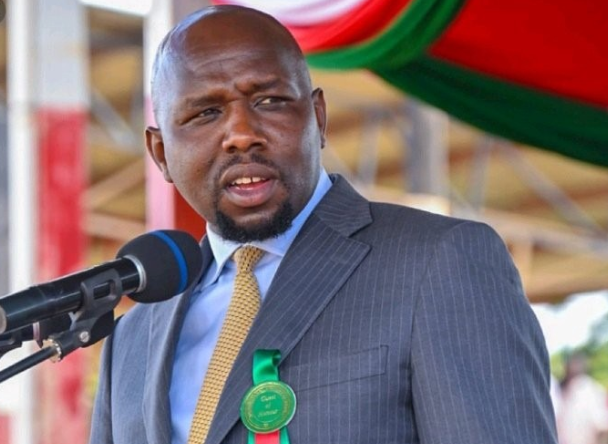
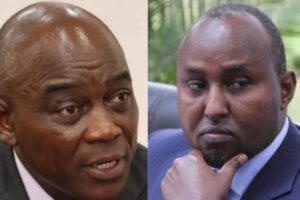
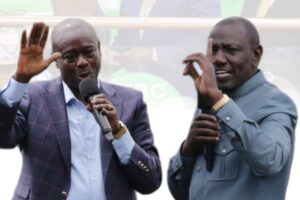

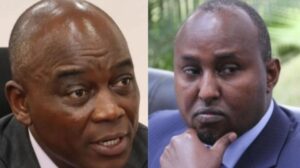
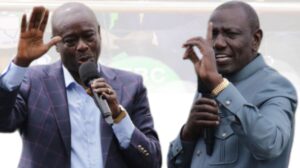
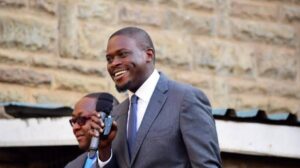
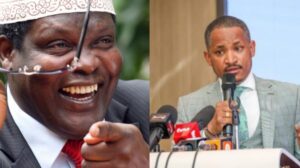

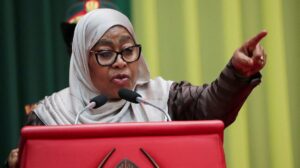
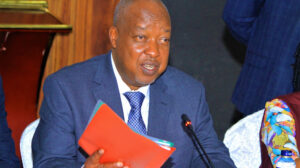



Add Comment